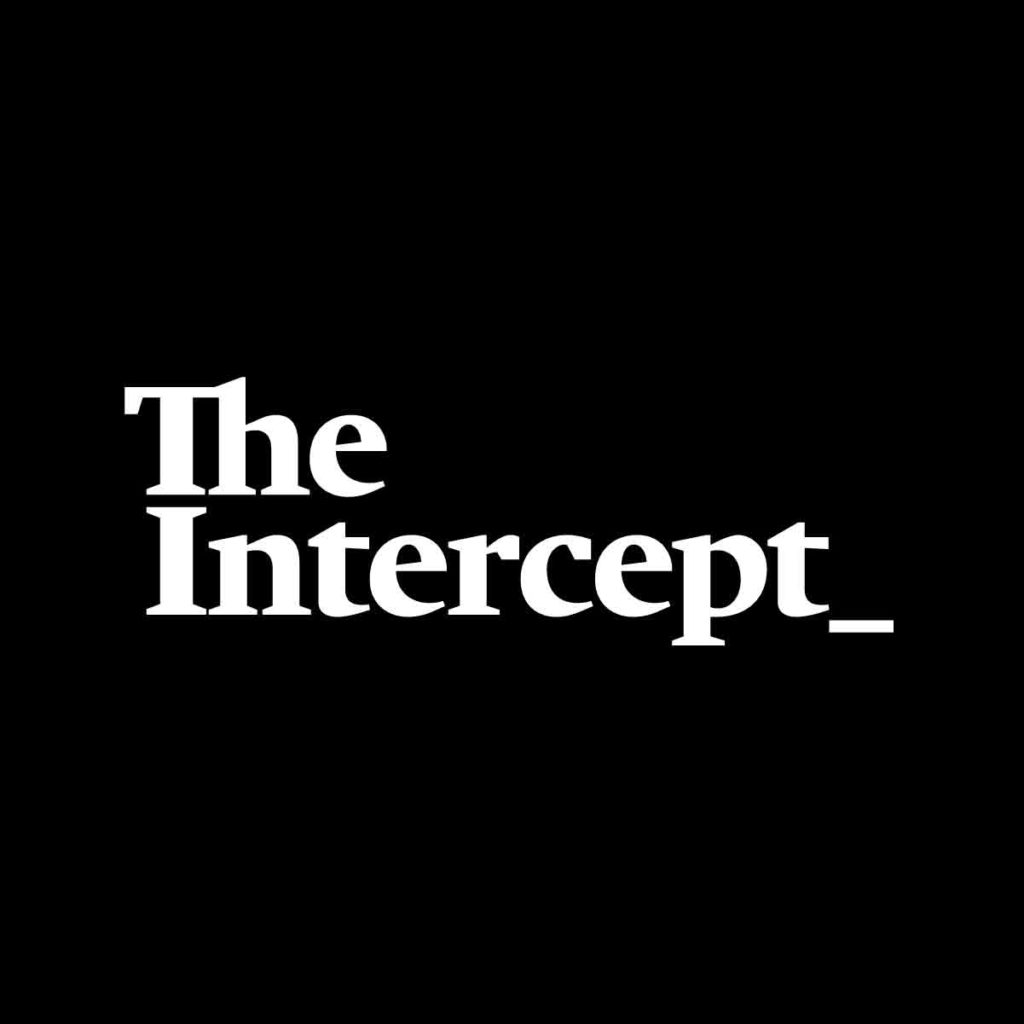In the fall of 2003, Gonzalo Sánchez de Lozada, then president of Bolivia, ordered the deployment of soldiers to quell large protests against the export of Bolivian gas. Over several days from mid-September through mid-October, the troops fired into crowds in the city of El Alto, near La Paz, and allegedly used snipers to shoot at civilian protesters. Sixty-seven people were killed, including several children, and hundreds of others were injured. On October 17, 2003, Sánchez de Lozada and two of his ministers fled to the United States, where they remain.
On September 26, 2007, with the help of human rights attorneys from Harvard University and the Center for Constitutional Rights, a group of ten families of victims of the “Black October” killings filed U.S. civil lawsuits against Sánchez de Lozada and former defense minister José Carlos Sánchez Berzaín for their role in the deaths. The suits charge the two individuals with “extrajudicial killings and crimes against humanity” for their roles in the killings.[1] According to the Center for Constitutional Rights, evidence indicates that Sánchez de Lozada and Sánchez Berzaín ordered Bolivian security forces “to use deadly force, including the use of high-powered rifles and machine guns, to suppress popular civilian protests against government policies.”[2]
In addition, on September 11, 2007, the Bolivian Supreme Court (Corte Suprema de Justicia) ratified the proposal of the Attorney General’s office (Fiscal General de la República) to request the extradition of Sánchez de Lozada and two of his former ministers so that they can stand trial in Bolivia. The Bolivian government is preparing to present the formal extradition request to the U.S. State Department. (In June 1995, the U.S. and Bolivian governments signed a bilateral extradition treaty, which entered into force in November 1996.)
In addition to the former president and ministers, six retired military commanders also face charges related to the “Black October” killings. The accused have sought to portray the Bolivian government’s charges against them as politically motivated. However, the Bolivian Congress authorized the courts to proceed with charges against the former president well before the country’s current president, Evo Morales, was elected. In Bolivia, trials for high-ranking government officials must be approved by a two-thirds vote in the Congress. In Sánchez de Lozada’s case, congressional approval for a trial occurred during the presidency of Carlos Mesa, Sánchez de Lozada’s vice president and successor, and at a time when the majority of members in Congress belonged to Sánchez de Lozada’s party or to allied parties. The Supreme Court magistrates involved in the September 11, 2007, extradition ruling were elected by the Bolivia Congress, according to the stipulations of the constitution.
WOLA believes that a fair trial in Bolivia regarding responsibility for the “Black October” killings would mark an important step forward for Bolivia and for the region, as Latin American countries continue to come to terms with their past and to institutionalize practices that promote human rights and justice.
[1] Center for Constitutional Rights, Press Release: “Human Rights Lawsuits Brought Against Former Bolivian President and Minister of Defense for Complicity in Attacks on Civilians,” 26 September 2007, at http://ccrjustice.org/newsroom/press-releases/human-rights-lawsuits-brought-against-former-bolivian-president-and-minister
[2] Ibid.



